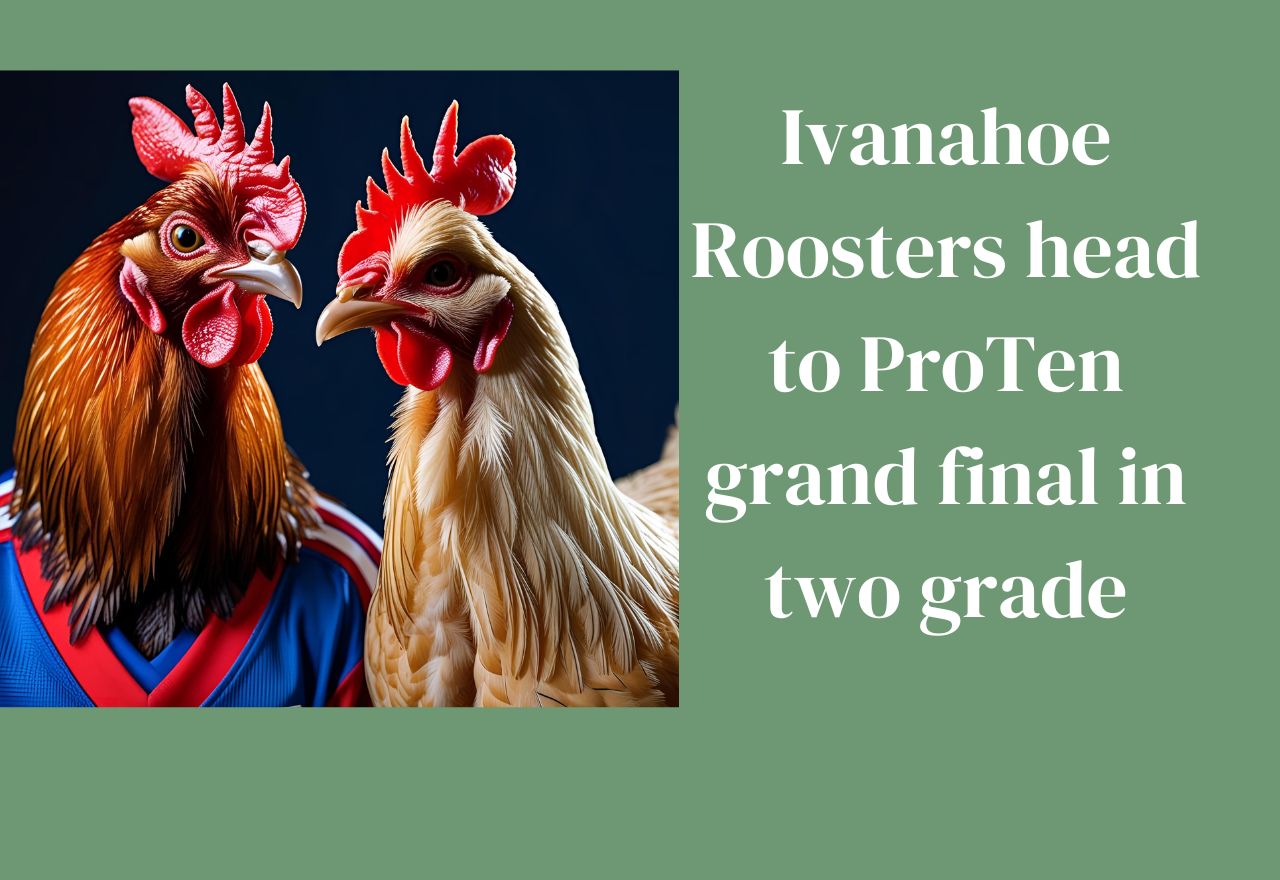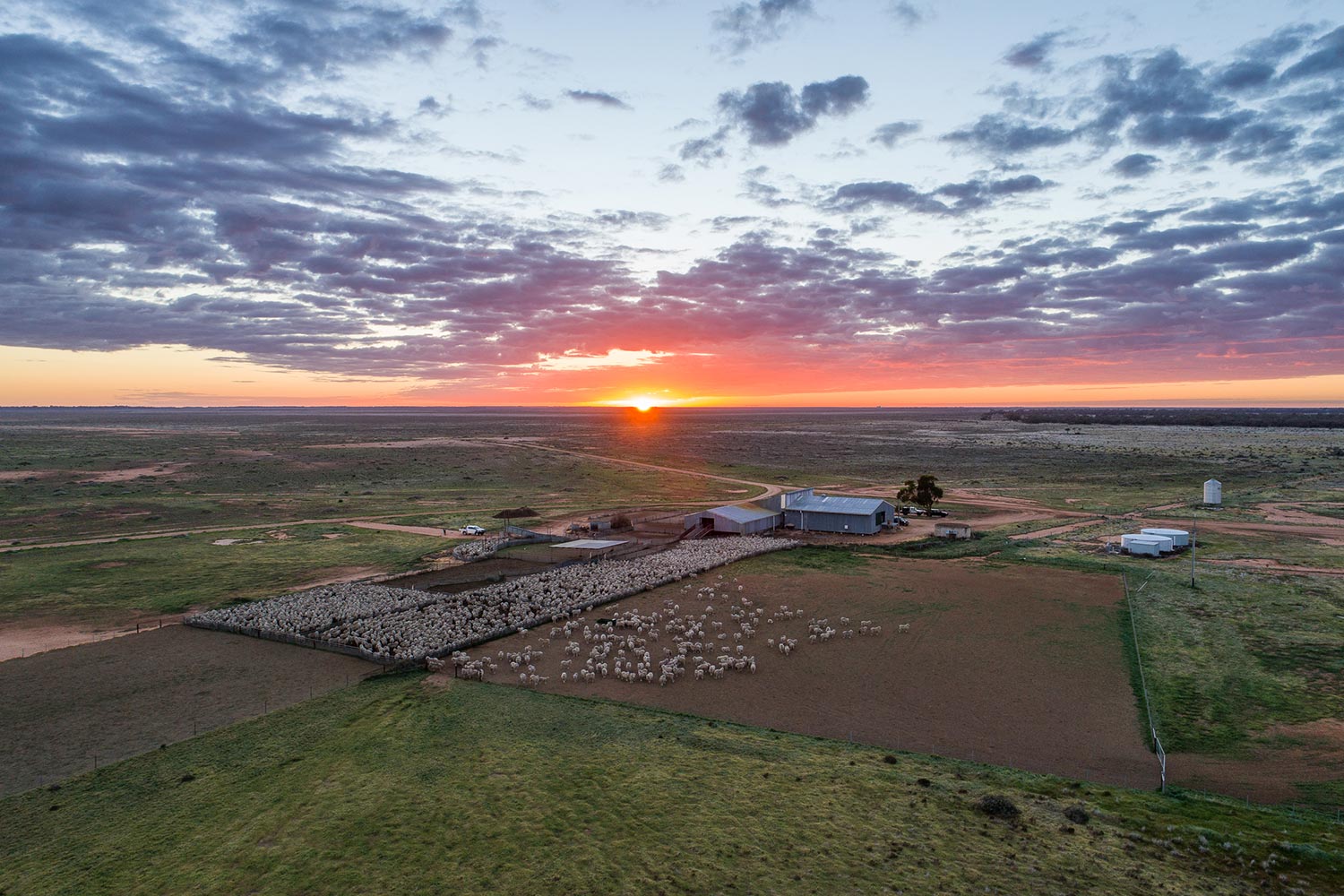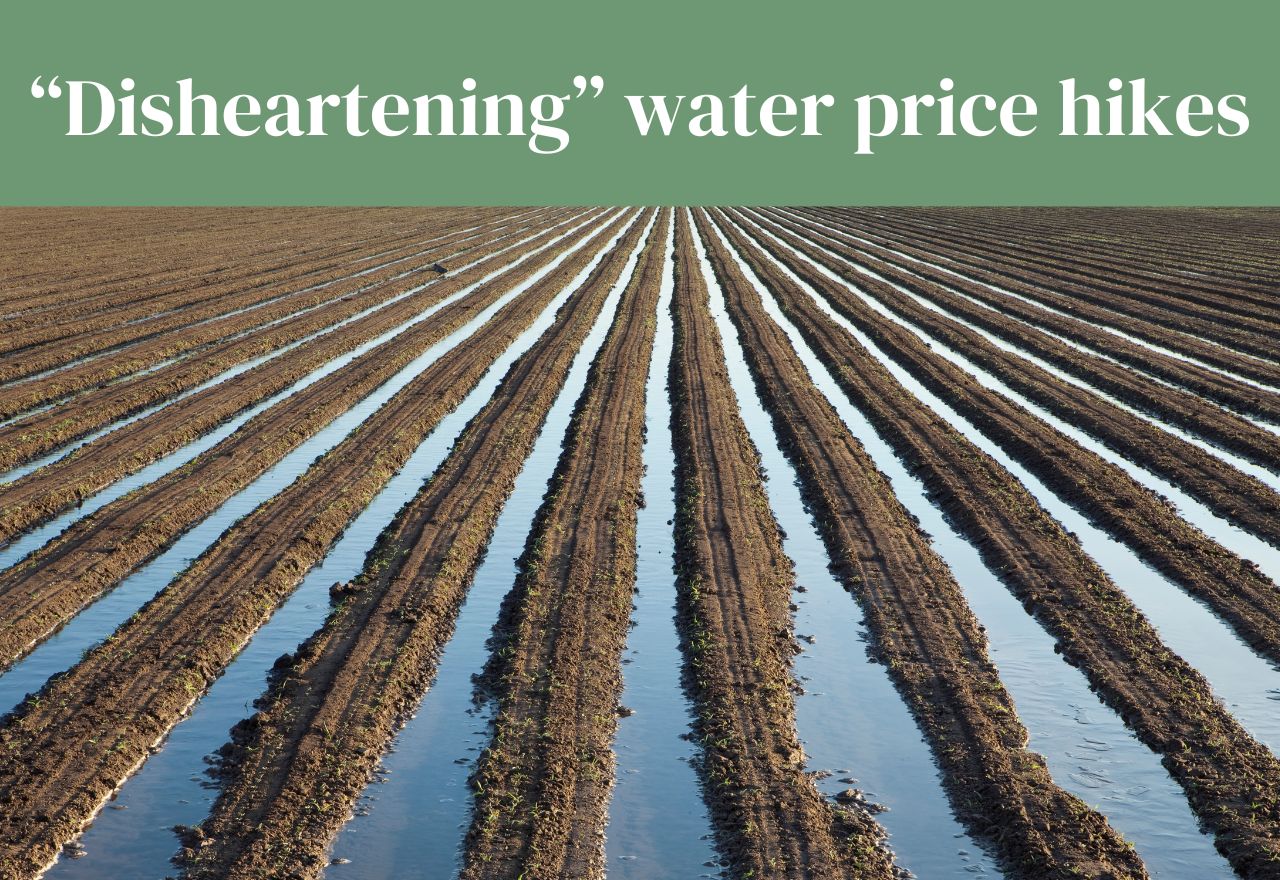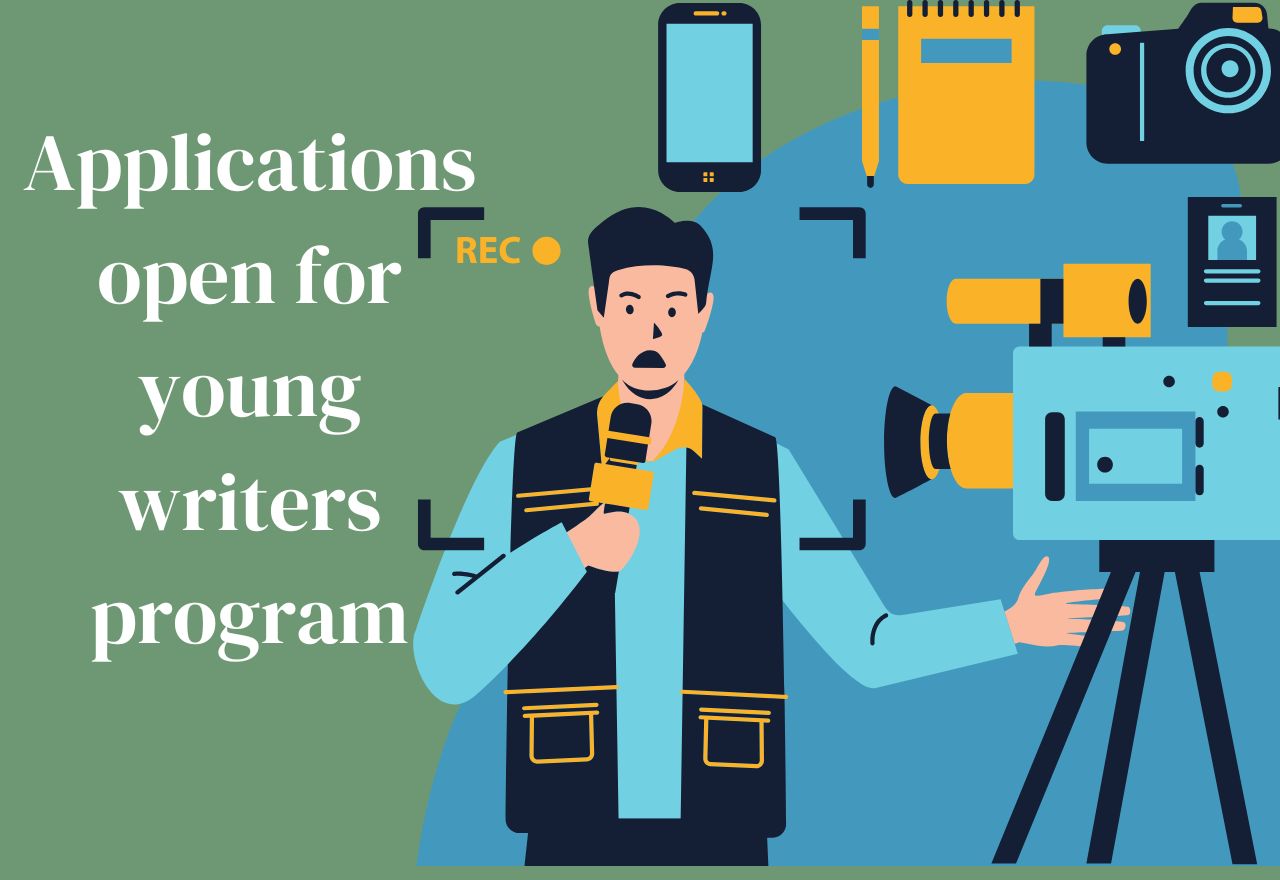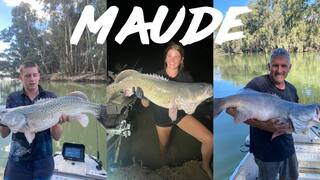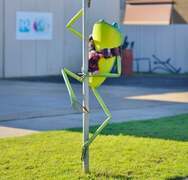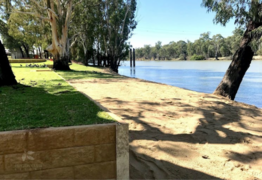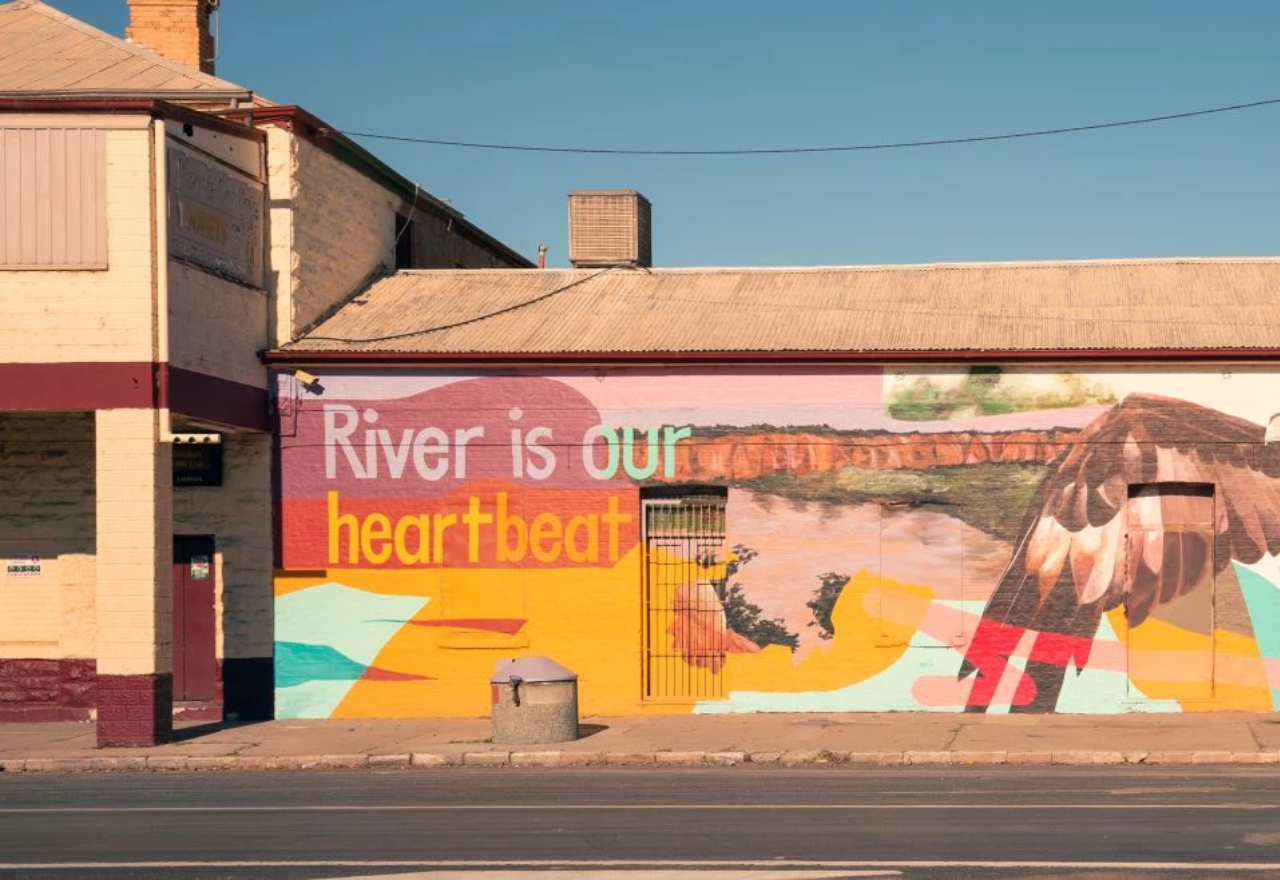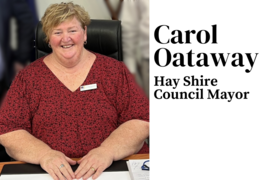Government reverses course on YouTube exemption in under-16 social media crackdown
Kimberly Grabham
02 August 2025, 11:00 PM

The Albanese Government has dramatically shifted its stance on social media regulation, announcing that YouTube will now be captured under Australia's groundbreaking ban on social platforms for children under 16 years of age.
Communications Minister Michelle Rowland confirmed the policy reversal on Wednesday, stating that the Google-owned video platform would face the same restrictions as Facebook, Instagram, TikTok, Snapchat, and X when the legislation takes effect this December.
The decision represents a complete about-face from the Government's earlier position, which had positioned YouTube as an educational resource exempt from the social media restrictions.
YouTube has responded strongly to the inclusion, with company representatives arguing the decision contradicts explicit assurances provided by Government officials during the legislative process.
"This represents a fundamental shift from commitments made to treat our platform as an educational tool rather than social media," a YouTube Australia spokesperson said.
The tech giant has indicated it will explore all available options, including potential legal challenges, though specific details of any court action remain undisclosed.
YouTube Kids will remain accessible to younger users, as the child-focused version doesn't permit video uploads or user comments.
The policy reversal follows recommendations from Australia's eSafety Commissioner, Julie Inman Grant, whose recent research highlighted concerning trends in children's online experiences.
Commissioner Grant's report to Minister Rowland revealed that nearly four in ten children surveyed had encountered harmful material on YouTube, including content promoting dangerous challenges, unhealthy lifestyle behaviours, and discriminatory messaging.
"YouTube employs the same engagement mechanisms as traditional social media platforms, including endless scroll functionality, automated content recommendations, and algorithmic content delivery," Minister Rowland explained to Parliament.
"These design elements create addictive usage patterns that children simply cannot navigate safely without proper developmental maturity."
The Government acknowledges significant technical hurdles remain in enforcing age verification across digital platforms.
Independent trials commissioned by the Department of Communications found that whilst age verification technology exists and can operate effectively, no single solution provides complete accuracy across all use cases.
Privacy advocates have raised concerns about the data collection requirements needed for age verification, particularly following findings that some platforms were developing excessive surveillance capabilities in anticipation of regulatory demands.
"Some technology providers were building tools that would allow authorities to retrospectively track individual user verification processes, creating unnecessary privacy risks," the preliminary report noted.
Social media companies now face fines reaching $49.5 million for failing to implement adequate safeguards preventing underage account creation.
The legislation provides platforms with a 12-month implementation period, during which they must develop and deploy age verification systems that meet Government standards.
YouTube has already begun testing artificial intelligence systems in the United States designed to identify users under 18 through behavioural analysis, including search patterns, viewing history, and account activity.
When underage users are identified, the platform automatically disables personalised advertising, activates wellbeing protections, and limits repetitive viewing of potentially harmful content categories.
The Government has maintained exemptions for educational platforms, healthcare services, gaming applications, and messaging services that don't facilitate content sharing or social interaction.
"These services pose fundamentally different risks to young people and often provide essential support, particularly for isolated or vulnerable children," Minister Rowland explained.
However, the YouTube inclusion signals the Government's willingness to expand the definition of social media beyond traditional networking sites to encompass any platform enabling user interaction and content engagement.
Prime Minister Anthony Albanese defended the expanded approach, emphasising the Government's commitment to child safety over commercial interests.
"We're drawing a line in the sand - Australian families deserve better protection from platforms that prioritise engagement over child wellbeing," the Prime Minister said.
"This isn't about restricting access to information or education. It's about ensuring children can develop healthy relationships with technology without exposure to harmful algorithms designed to maximise screen time."
The legislation represents the world's most comprehensive approach to regulating children's social media access, with other nations closely monitoring Australia's implementation model for potential adoption.
NEWS
SPORT
RURAL
COMMUNITY
JOBS
VISIT HAY
VISIT BALRANALD
VISIT OUTBACK NSW
EVENTS
LOCAL WEATHER



